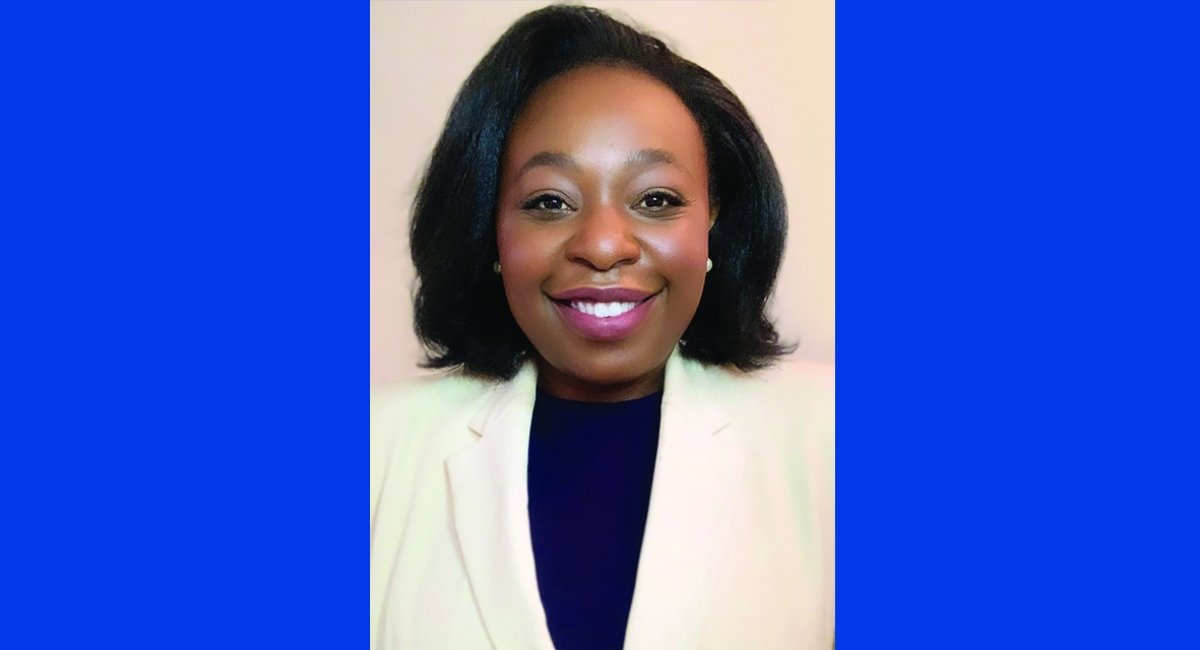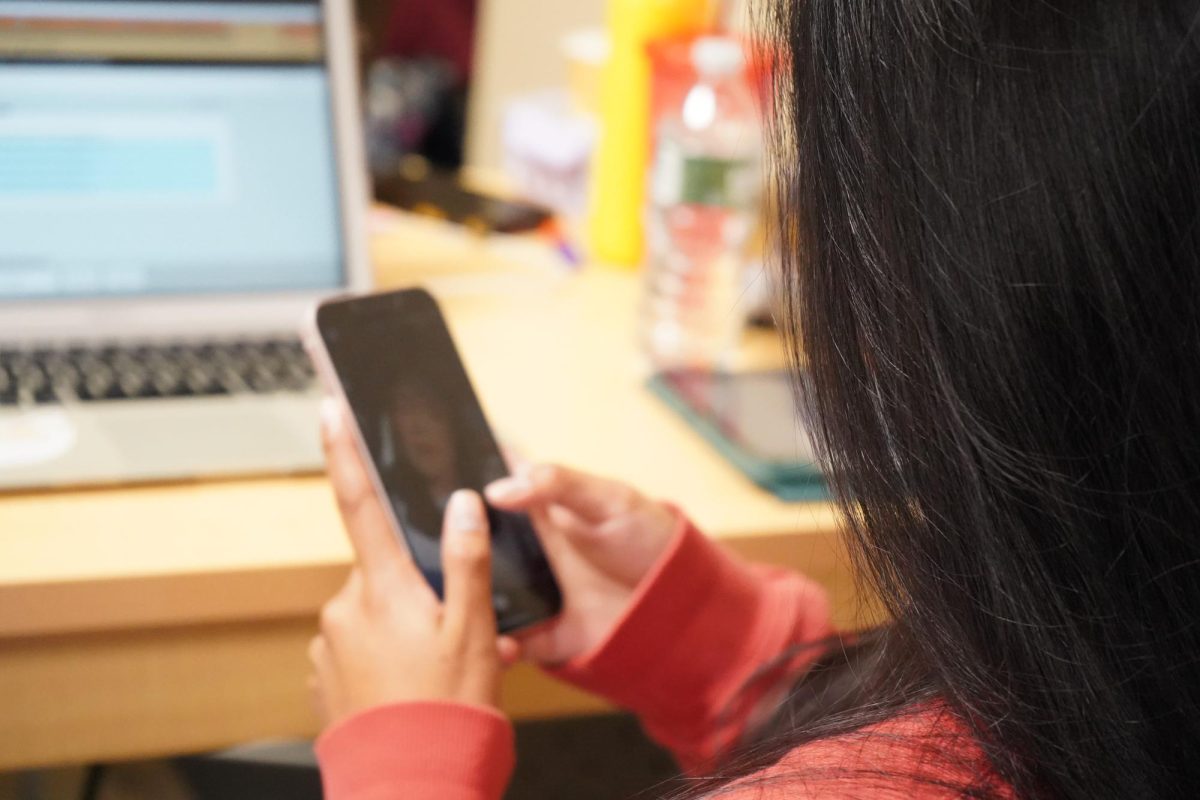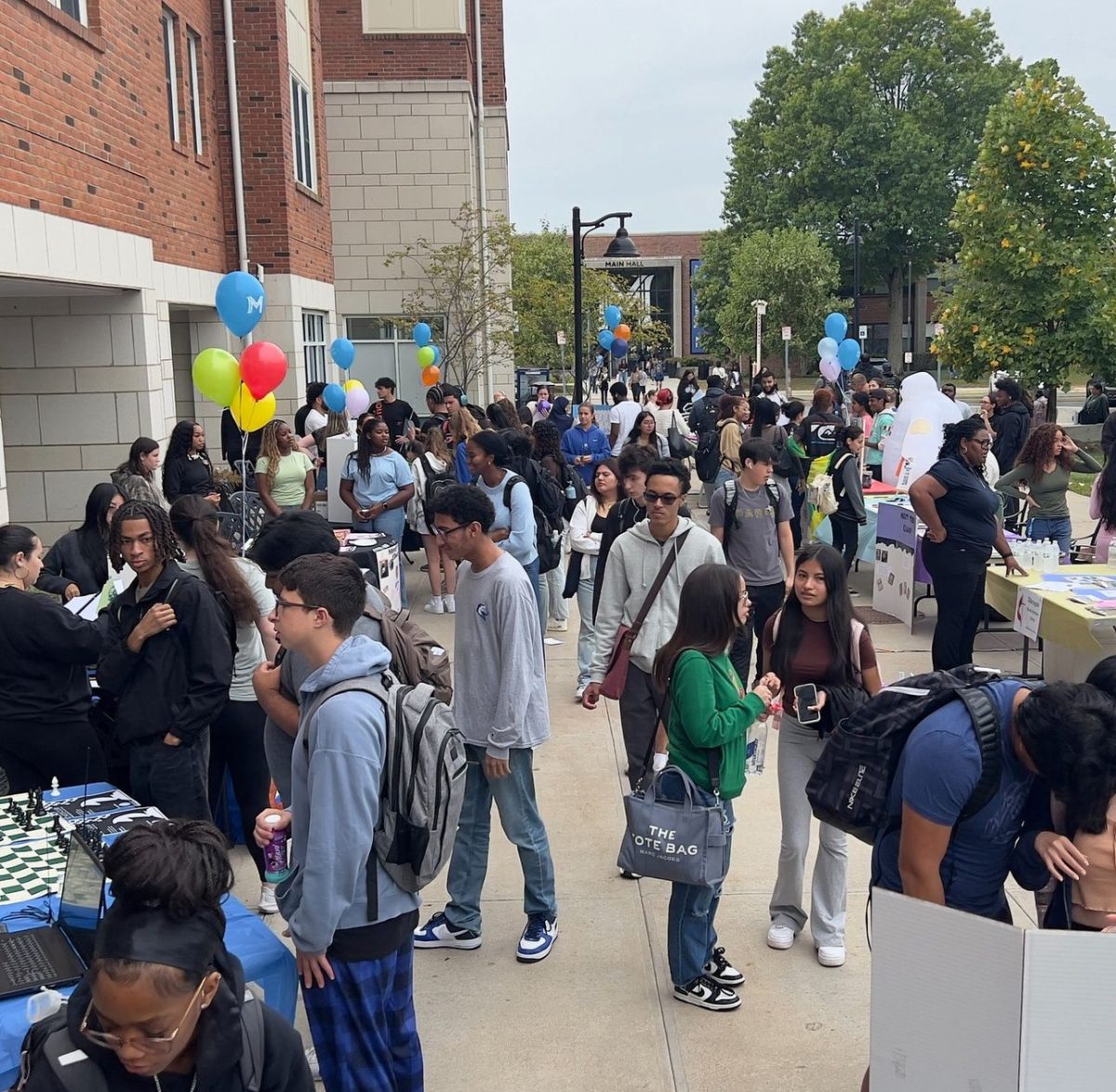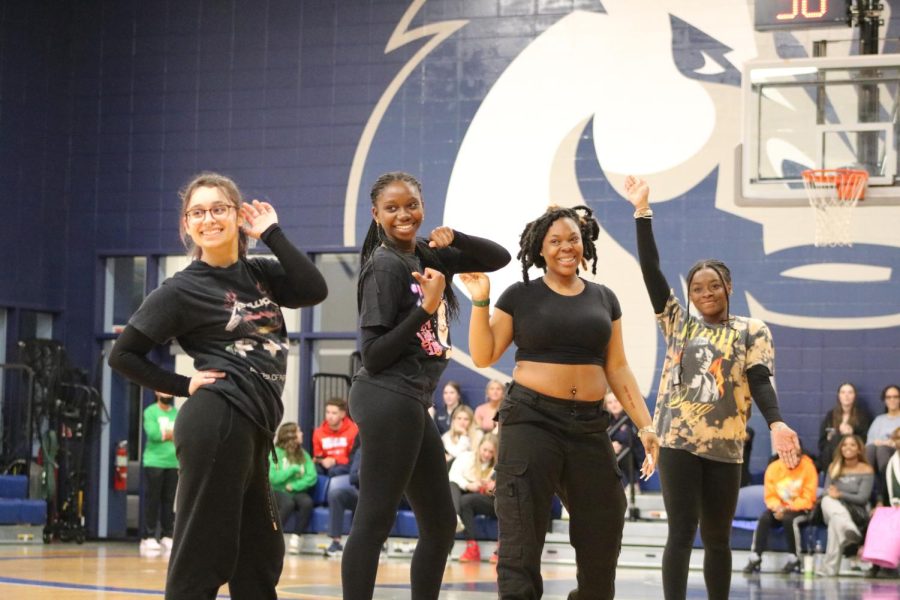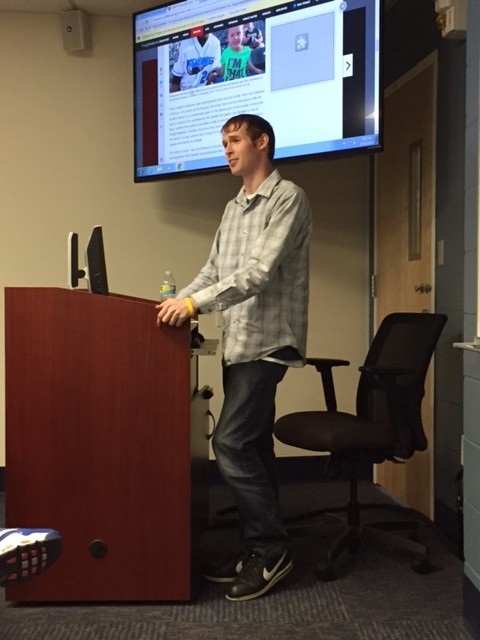Before others seek guidance from us we first seek guidance from others. As students we learn an endless amount of lessons before choosing a path we see ourselves in after trying numerous activities and subjects while we are young as that is the best time to learn about yourself and what interests you.
College is the place where most people become themselves and blossom into who it is they wish to become after graduating from high school. For some this transition is easy and they start studying in their desired field. For others, it may take them some time as the end goal for both students alike is to graduate college within four years.
“It depends on the college experience a student wants, but it needs to be something kids see themselves in the community and in the leadership you got to see for yourself”. Says Vice Principal Felder who attended an HBCU and Texas A&M University, studying Music Theory, before teaching middle school choir, and made a switch to advising college students and their experience within higher education to graduate.
Unfortunately for students who live in poor neighborhoods, the idea of college doesn’t cross their minds or is thought of as an experience they will ever experience due to a lack of traveling outside of what they’re used to. This can be a sad reality as the idea of not thinking about going to college could take away major opportunities not just for them, but for their families.
The role Felder holds in the Mercy community is important as she provides students with strategic directions in terms of the best practices to continue to evolve in the student community. As students and staff of the pact mentor program start to think about what students need most. This happens when mapping the President’s overall goals on the topic of important goals around retention and graduation.
“My job is really to say, what are the different areas where we can strengthen retention support through a student’s matriculation, so their onboarding process from pre-entry to first year through the second year, third and fourth students have different needs and responsibilities each year.”
You have formal advisement and informal advisement. In most school settings there are staff that help guide students in different ways as there is no difference between what Felder does to make sure students feel seen regarding struggles and solutions to those struggles to be met. Such as advising on what you want to do with your life and your career to the more strategic pieces, such as how we get students from semester to semester, knowing all of the pieces like their finances. How are they funding this? Where are they living? And how they are getting to and from school. Taking care of the things that are holistic development, and not just academic, is why the pact office has to put care beyond school/ education into effect.
“ I provide the strategy for that and really set the steering of the ship to make sure we’re rolling in the direction of continued retention. We want all our students to be retained. Stay here with us until you graduate and have college advisement, and strengthen that. As the student demographic continues to evolve, we gotta stay evolving.”
Mercy’s demographic and diversity are some of the many reasons why anyone who seeks to be a part of something bigger than themselves can find. The university prioritizes this when it comes to transfer students and how they are the university underdogs of the student population.
“Transfer students are all kinds of people. You have veterans, you have non-traditional adult learners, you have students who dropped out because they had health concerns or had surgeries, and you are the international students who had to leave and go serve before coming back. you can be a transfer student in any regard”.
No matter where we come from and hope to experience it’s important to be in a community we see ourselves in and feel represented. Representation is an important factor as many people feel that others who look like them, and come from the same background whether that be a social class or neighborhood could make them believe that they too can be just as successful.



